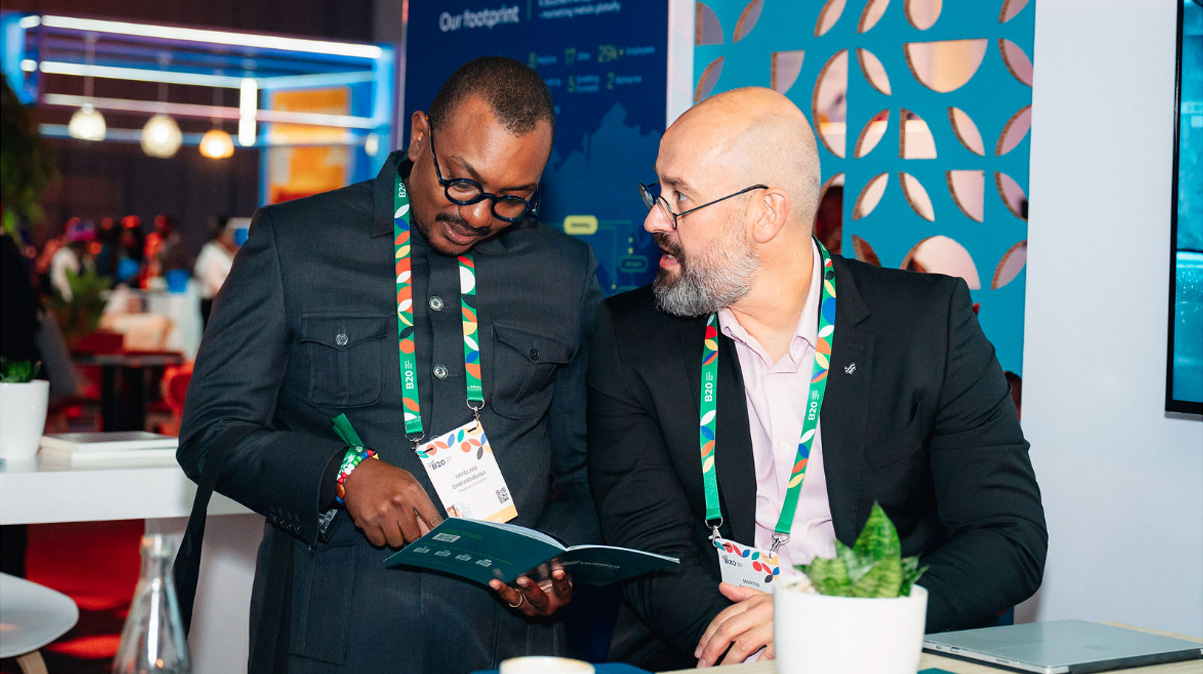Sasol's transformation journey overshadowed by climate commitments.

The appointment of Simon Baloyi as Chief Executive of Sasol, a significant move for transformation and inclusion, has been overshadowed by economic challenges, including the resignation of the chairman amid protests and the postponement of the AGM. While Baloyi's appointment is applauded for advancing BEE and transformation, the company faces scrutiny over its climate commitments, intensified by recent shareholder and environmental activism.
Sasol's decision to close and postpone the AGM following protests underscores the need for prompt engagement and the establishment of protocols with activists and institutional shareholders. The elephant in the room around its climate commitments make his appointment to be watched closely as “poisoned chalice” beyond Sasol’s recognition of the talent and potential of black people in the energy sector.
Recent shareholder activism prompted SASOL to close and postpone its 2023 AGM in Sandton on November 17, giving the company three weeks to reconvene. Climate and environmental activism, backed by global groups like Rebellion Extinction and Greenpeace. Just Share’s recent report on Sasol’s 2023 climate prompted two institutional shareholders, Ninety One and Old Mutual Investment Group (OMIG) to publicly confirm that they vote against Sasol’s climate policy at the postponed AGM.
What is to be done?
Vulnerable companies should promptly seek assistance to establish engagement protocols with activists and institutional shareholders. Open engagement enhances governance by identifying operational blind spots, especially those stemming from legacy operations. Limited disruption is crucial for meeting shareholder expectations of delivering excellent returns.
Engaging with institutional stakeholders requires different tactics, and companies should urgently seek assistance to develop and implement operational guides.
Here are ten steps developed by Thandiso Advisory to consider:
1.Respond Quickly and Genuinely: Engage as soon as possible to diffuse campaigns, acknowledge grievances, and demonstrate a reasonable corporate face.
2. Show a Human Face Quickly: Humanize the company by finding authentic spokespersons to engage openly and genuinely with media and stakeholders.
3. Don't Remove Negative Comments:Anticipate online targeting, use negative comments as information, and develop guidelines for acceptable postings to maintain clean engagement.
4. Don't Publicly Lead with Lawyers: Obtain legal counsel but avoid communicating via statements from legal teams to prevent escalating conflicts.
5. Invite a Small Team of Protestors: Avoid calling the police for peaceful demonstrations; invite a small group of representatives for constructive dialogue.
6. Don't Be Dismissive: Recognize activists as valuable stakeholders providing checks and balances, benefiting society, and enhancing the company's brand over time.
7. Don't Hide Behind PR Firms or Trade Associations:Be human, use experts wisely, and avoid being led by third parties in media or conflict-containing engagements.
8. Engage Internal Stakeholders – Your Staff:Brief staff on negative publicity, assuring them they are not expected to engage.
9. Look to Industry Counterparts for Support:Learn from industry counterparts past conflict handling but avoid being seen as collaborating as a bloc.
10. Turn the Focus to the Problem:Successful companies address the bigger picture, committing to regular engagement on significant solutions, demonstrating good faith.
Navigating shareholder activism and environmental protests requires a credible team. Baloyi and his team must convincingly communicate Sasol's commitment to ambitious decarbonization targets. This involves engaging shareholders, activists, and regulators, all while managing challenges in the macroeconomic environment and ensuring profitability.
Miyelani Shikwambana is a founder and CEO of Thandiso Advisory and former director of Brunswick.










